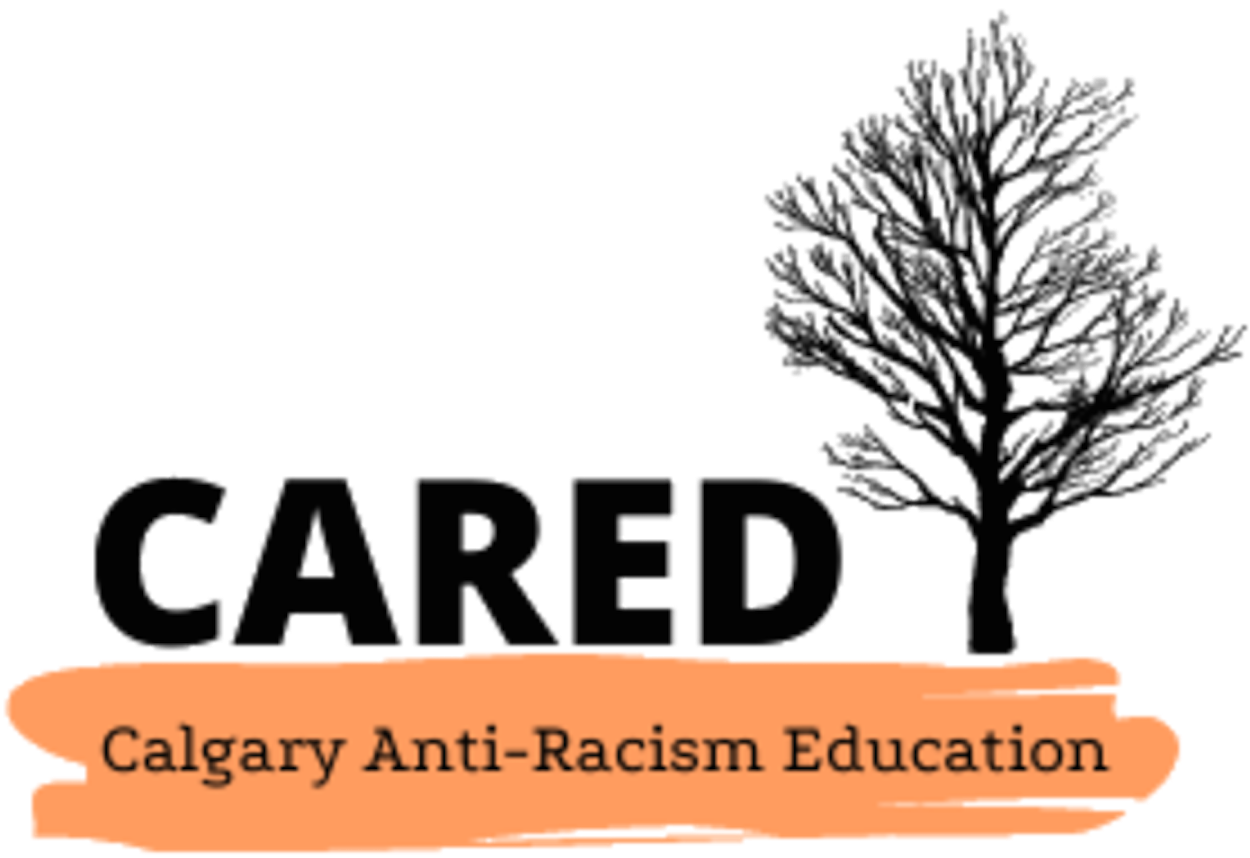
Our Philosophy
We acknowledge the many anti-racism initiatives that have been established in communities, workplaces and the formal education system in recent years. Our purpose is to build on this momentum by sharing the knowledge we have collected from our research and experience as anti-racism facilitators.
Our Philosophy
While we recognize the significant contributions of anti-racism advocates in the formal education system, we are aware of how the system has tended to privilege certain modes of being over others. This has been aptly demonstrated in analyses of how particular racialized groups have been misrecognized or excluded altogether from the student curriculum and teacher education. For racialized individuals working within the system, they may be excluded from important processes of decision-making. Studies have demonstrated how, for both students and teachers, racism is often characterized by silence and exclusion.
We believe that when is comes to dismantling racism in the formal education system, it is not solely about who works in the system, who holds a position of power and what the curriculum teaches. We strongly believe that it is about how material is taught (See Bibliography for the important works of Paulo Friere, bell hooks, and others). As anti-racism facilitators, we believe that facilitators must see themselves as participants in the social relations that reinforce or dismantle racism. Facilitators must engage in deep self-reflection of how one’s race, class, gender, ability/disability, sexuality, nationality, culture or language influence how one acts and interacts with others in learning spaces.
Terminology
We resist the idea of education as hierarchical; we do not reinforce assumptions that the “teacher” is the “expert” with the only valid or authoritative knowledge in the room. We reject notions of "students" as objects to be taught rather than as individuals with knowledge, experiences, and insights to bring to the learning community, regardless of age. For us, a troubling hierarchy is suggested in the terms “educator” and “trainer” — both of which imply an action: the exercise of power, directed at an object without ability, knowledge or insight. We therefore use the terms “participant” and “facilitator” (rather than “student” and “teacher”/”educator”/”trainer”) while acknowledging that the facilitator is also a participant.
We oppose the belief that the “classroom” (from the kindergarten space through to university) or the “workshop space” are inherently free, democratic spaces. Rather, educational institutions, classrooms, and workplaces/workshops are as fraught with relations of power as every other social space, even though each space has its particular context and dynamics. Individuals do not leave their gender, class, race, sexuality, ability/disability, knowledge, experience or assumptions and biases at the door when they enter a classroom, workplace, or learning space.
We believe that learning extends far beyond the classrooms situated within formal education systems and far beyond workshop spaces. Racism occurs in every aspect of our society, as can anti-racism action and learning. We therefore choose to use the term “learning space” over "classroom" or "workshop." For us, learning spaces include: family gatherings, daily social interactions, friendships, social communities (i.e. clubs, teams, spiritual communities), neighbourhoods, workplaces, worshops, and formal classroom settings etc.
Who is an Anti-Racism Facilitator?
An anti-racism facilitator brings experience and knowledge to the learning community and facilitates the collaborative exploration of racism and its impacts. An anti-racism facilitator is not an “expert” but a co-learner who genuinely values the contributions and insights of every person in the learning space.
An anti-racism facilitator is a constant learner. An anti-racism facilitator supports the unlearning of racism in all aspects of her/his life. An anti-racism facilitator recognizes that anti-racism is not a singular subject that can be separated off and taught in discrete pieces, or in a single exercise; anti-racism is a way of seeing and being in all aspects of life.
The term “facilitator” can be used to describe any of the following roles: primary, secondary, and/or postsecondary educators; individuals who do anti-racism work; people dedicated to social justice; people in any organization who see the need for an inclusive atmosphere.
Learning Actions
In workshops and classroom settings, the terms “activity” and “exercise” are often used to describe anti-racism work. We believe that these terms minimize the very serious realities of racism and the deep, on-going learning and reflection that is required in engaging with anti-racism. The words “activity” and “exercise” imply that racism and anti-racism are external to us, that anti-racism can be an activity that we simply do once, and that a handout will adequately unpack the material. This can be compared to diversity work and how oftentimes, a cultural component is merely added to an existing system. While this may appear to diversify a particular space or system, it does not engage in genuine systemic transformation. This problematic method/perspective is often critiqued as the “add-on,” the “one-off,” or the “add culture and stir” approach (See Multicultural Educator vs. Anti-Racism Facilitator).
Because anti-racism is an active process that involves continuous learning and reflection, we have chosen the term “Learning Action” over “exercise” and “activity” when it comes to facilitating anti-racism learning with particular materials. We define Learning Actions as follows:
a way that you can engage others in anti-racism learning;
has a critical/theoretical foundation and particular goals;
includes accurate information, strategies, responses you can expect, and suggestions for further learning;
is an incremental part of the process that YOU must engage in before sharing with others in order for you to be more effective and to minimize risk to others;
cannot be used effectively in isolation or without appropriate context.
Minimizing Risks to You and Others
We are grateful for your genuine interest in engaging in this long-term yet rewarding process of learning and unlearning. We trust that you do not wish to harm others (or yourself) throughout this process. As we have already stressed, self-reflection and self-learning are imperative in anti-racism work, particularly for those who hold a position of authority. It is necessary for individuals to engage in this deep, ongoing process of self-learning prior to engaging in anti-racism work with others. Moreover, anti-racism learning is not a linear process. Each anti-racism learner has her or his own areas of strength and areas of challenge, thus, we must continue to revisit various aspects of our lives and experiences as we grow and learn. The advantage of a web-based resource is the ease with which you can revisit the materials as you move through your own process.
By “risk” we are referring to how members of anti-racism learning communities may be exposed to racism through well-intentioned but inexperienced attempts to facilitate anti-racism learning. One can expect that in these learning sessions, racist statements and behaviours may occur. This is not surprising given the systemic and often unconscious/normalized nature of racism. Facilitators must be aware of these risks and be able to recognize and address such moments. Without addressing moments of racism, participants may feel disinterest, frustration or as if they are being re-victimized.
Throughout this resource we share our own experiences (our mistakes and what we’ve learned), to support you in creating a supportive, collaborative anti-racism learning experience (See Risks for more information). Through the structuring of this site, we seek to minimize potential risks to you and your learning colleagues by encouraging deep learning and reflection before engaging with our Learning Actions. By following the path we have set out for you on our homepage, you will become an effective anti-racism learner/facilitator.


